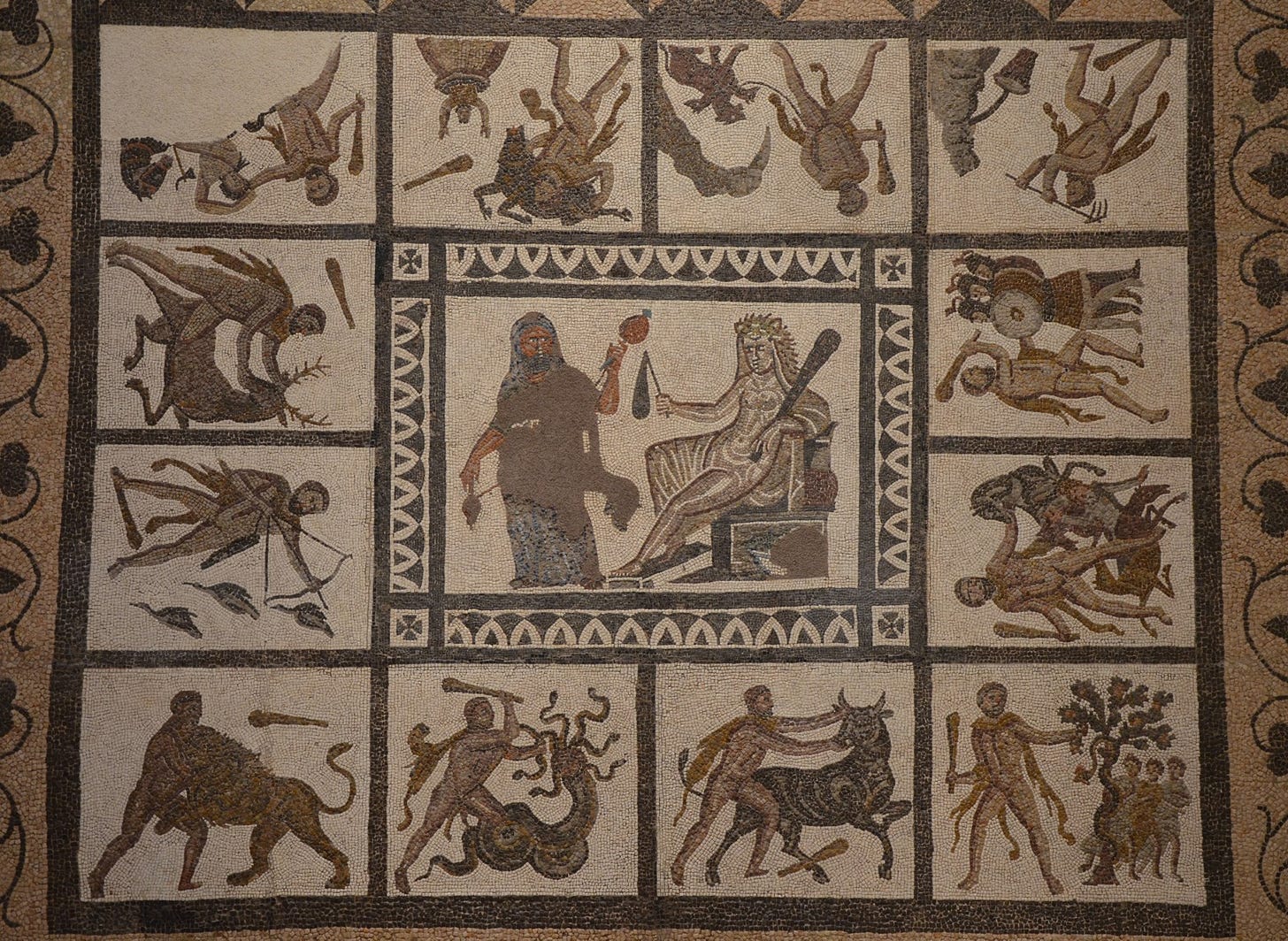Even in mortal men, there is something that may live on forever. Far beyond the life of a single hero, far beyond the lives of all that he may know, there exists a thing he may create that may live forevermore. I speak of ḱléwos, the gloriously renown that outlives its creator. The words of immortals that tell the tales of heroism and legendary feats over their enemies that carry on through the generations. It is an ancient word, from the proto-Indo-European language of the steppe warriors that descended down onto this world.
ḱléwos means the fame of a man, the renown or legend he leaves behind. It has a very well attested assortment of descendents such as the the proto-Indo-Aryan ćráwas, the proto balto-slavic ślawas, and the ancient Greek kléos, where it maintains much the same meaning. Closely related to the ancient Greek word kléon, meaning to hear, it is the words that men pass around between one another, your renown, your story, your immortal fame. Should the deeds in this world be worthy of such attention, the young men of the kóryos would sing of you in high regard in their oral epics around the fire of every night, lasting until the age of the written word.
There exists in the ancient Greek world such a book, a book known far and wide. It was first the wisdom of poets and muses, before being collected by several men into the epic we all know of today. It is the Iliad and the Odyssey. For their glorious deeds and legendary world altering war the Greeks waged on the edge of the Aegean sea were all alike made into immortals whose names I still echo today. Hector prince of Troy, swift-footed achilles, mighty Ajax, and all the members of either side, each a hero in their own right, and worthy of leading their own men to glory were forced by the hand of fate to fight each other for their immortal glory.
Though made of flesh and bone, these mortal men had in themselves something greater than their mere bodies could produce. If they were to conquere the world they should attain renown worthy of an immortal, and some even more ancient men did. The greatest example of ḱléwos in the ancient bronze age world comes through the story of an even older ancient Greek hero. The story Heracles is one older than even the story of Troy. Sometime before even Troy, Heracles king of many passed through his twelve labors, the slaying of the lion, the boar, and the bull, and nine others. He became a legend amongst the living and in his apotheosis, his mortal coil was shed and his immortal soul ascended to the heavens where he became a God eternal. Though his story surely changed with time and was exaggerated from mouth to ear, Heracles was surely the story of a real man, a real hero, and possibly meant to guide young men to glory.
ḱléwos is more the story of one man, and is the immortal story of one’s family. Fame it seemed followed one man’s house and flowed from father to son, passing on the flame of life and of glory from one generation to the next. Though different from father, the son was the essential distillation of all his deeds, a near copy of the man and approximation of his greatness. Should he add to the name of his house, or should he be overshadowed by the name of his father, only time would tell.
In the culmination of frustrations, a man arose so great that neither Europe nor Asia could contain his momentum. Alexander the Great was born in the shadow of his father Philip II of Macedon. Before coming to prominence, his father had raised an army feared by the entire ancient Greek world and expanded their kingdom to such heights that had not been seen in Greece for centuries. Alexander did not want to live in the shadow of his father’s kléos, and after his father’s death in the great axial age, Alexander rose to the throne for his own glory, to outshine the shadow of his father.
Now we speak of many men, all ancient but still living. Though deceased still immortal, their flames ever growing. Alexander rose to strike the world, his fist red hot with glorious rage, smashing the ancient Persians with a fury not seen since the war of ancient Troy. He conquered an empire larger than Rome would ever become in centuries in just a decade. The lion of Macedon, the hero of the Greeks, the soft Tyrant of the iron age Persians, Alexander the Great. Though dead as dead can be, his eyes shut forever, never will a man live whose ears at the name do not shudder.
What story will people tell of you, whose name has yet to be written? There will come a time when deeds must be done, and those who see them will spread the word. Should you attain immortal glory, or should you remain a mortal man? Only time will tell and surely I hope, you ascend beyond what others can.







I wish you the same.